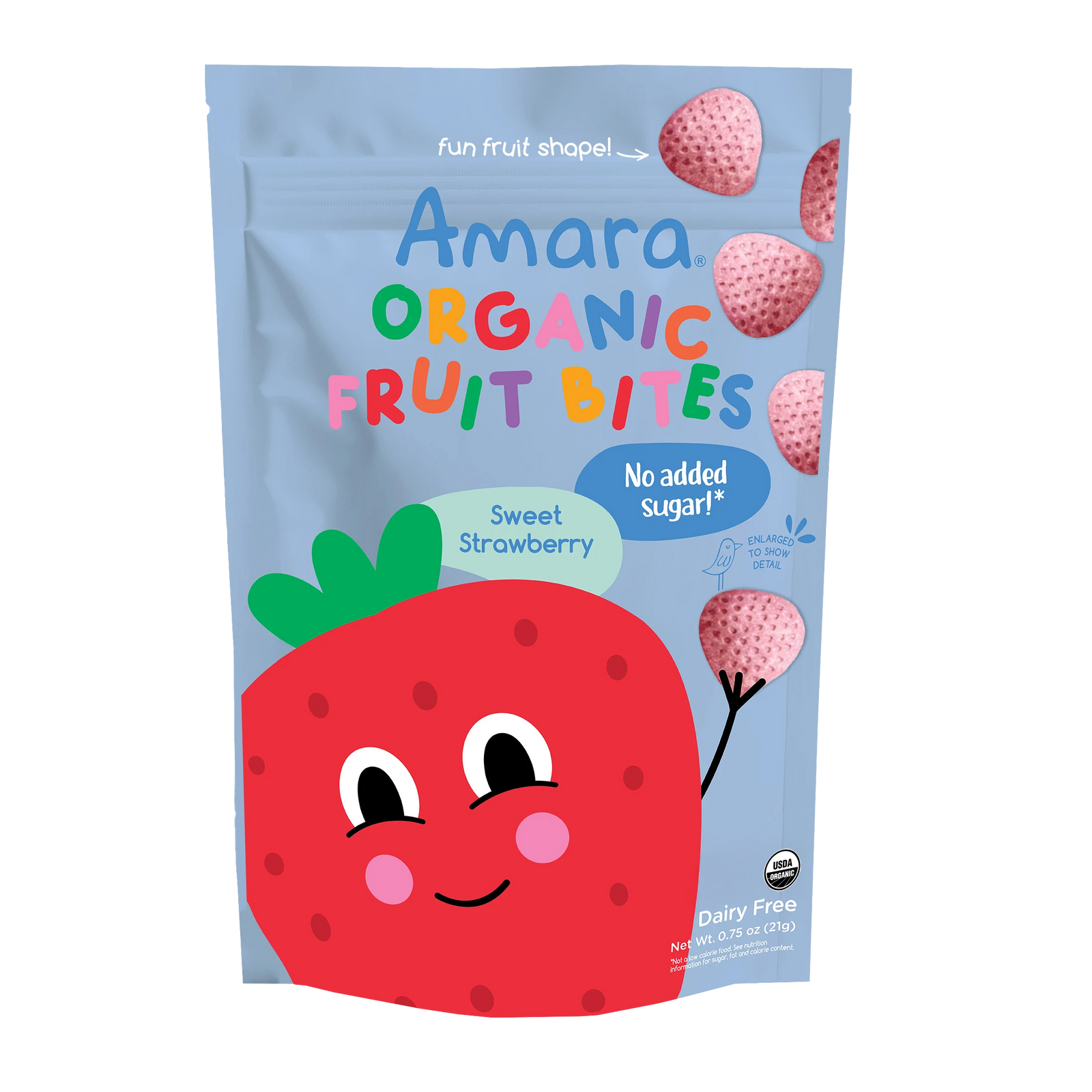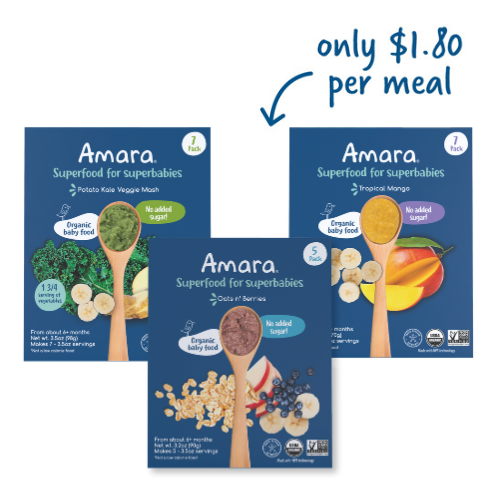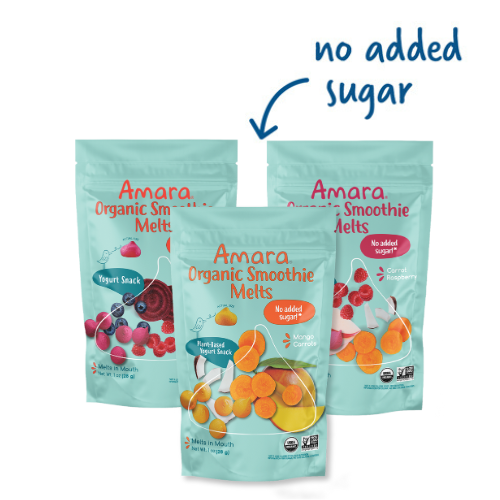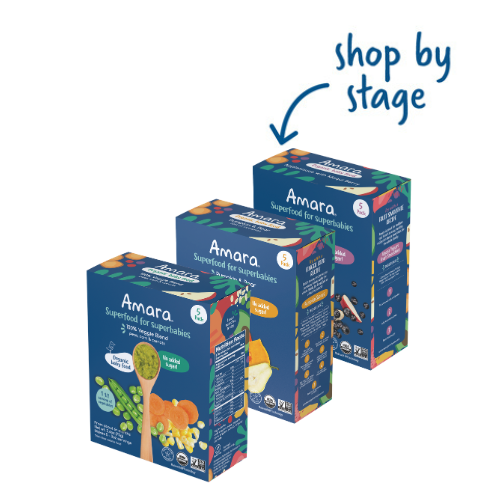
“When Can I Give My Baby Eggs?”
** This article is focused on chicken eggs.
Eggs are one of those foods that have come in and out of the limelight over the years, and the messaging seems to run on a cycle: eggs are great!; actually, it turns out eggs are terrible; hmm… eggs might be okay, in moderation; oh wait, eggs are back! You get the idea…
At this point, nutrition scientists actually do have a stable, established take on eggs — keep reading to learn about eggs, health, and babies and toddlers.
Eggs and Nutrition
Eggs are a heavy-hitting source of nutrition — they contain both micro and macronutrients, have a high level of nutrient diversity, and contain bioactive compounds (a yet-to-be-fully explored set of compounds which may play a role in preventing and curing diseases). Not to mention, eggs are very affordable. In fact, eggs are the lowest-cost source of: animal protein, vitamin A, iron, vitamin B12, riboflavin, and choline (and they come in at a close second for zinc and calcium).
Eggs are a fantastic source of:
- Protein — both egg whites and egg yolks have a high protein density
- Lipids — these fatty acids are concentrated in the egg yolk
- Vitamins — eggs contain every vitamin except for C (ascorbic acid)
- Minerals — eggs are rich in phosphorus, calcium, and potassium, and also contain trace elements of copper, iron, magnesium, manganese, selenium, and zinc
In short: Eggs are a nutritional powerhouse of a food!

Eggs & Cardiovascular Health
You’ve probably heard that eggs are high in cholesterol, and it’s true that eggs have a high cholesterol content. Since the 1990s, however, most studies have failed to find evidence of any correlation between dietary cholesterol consumption (namely, from eggs) and total cholesterol levels. Although individuals suffering from metabolic disorders such as diabetes, high cholesterol, and hypertension still need to be cautious about dietary cholesterol intake, it is now well-established in the research world that eggs can contribute to overall health across the lifespan. [BQ]
When & How to Introduce Eggs
Eggs are a fantastic source of protein, vitamins, and minerals for babies and children — plus they’re easy to prepare and serve. Here’s everything you need to know about when and how to offer eggs:
In 2010, for the first time and going against years of advice to the contrary, a milestone study suggested that introducing eggs to babies between 4-6 months might help protect against egg allergy. In the wake of that project, several other trials went on to investigate the relationship between the timing of introducing eggs to babies and the risk of developing an egg allergy down the road — on the whole, the evidence indicated that offering eggs to babies early on appeared protective against egg allergies. In fact, recent reviews have concluded just this: that introducing eggs to babies early — between 4-6 months of age — is associated with a lower risk for egg allergy compared with introducing eggs later.
Bottom line: Current evidence shows that introducing allergenic foods — including eggs — between 4-6 months of age can help reduce the risk of food allergies.
How to offer eggs:
- Make sure they’re cooked! Raw eggs are not only difficult to tolerate in terms of digestion, but they also carry an elevated risk of salmonella.
- You can offer both the white and the yolk.
- Since they are so protein-dense, we recommend starting off with smaller quantities (i.e., <¼ egg in a day and <1 egg per week) for the first year, then gradually increasing the amount you offer.
Did you know?
In 2019, the U.S. produced more than 113 billion eggs. The vast majority (87%) of eggs produced in the U.S. are unfertilized eggs for human consumption — the remaining 13% are fertilized to hatch and produce chickens. [BQ]
How To Prepare & Serve Eggs for Babies and Toddlers
There are so many easy and fun ways to incorporate eggs into your child’s diet — here are some top tips from our nutrition Ph.D.:
- Mix it in — you can easily blend eggs into any dish you are serving, whether it’s a puree, mash, or meal. They go especially well with grain- and veggie-based dishes.
- Puree or mash up an egg on its own — works best with either a scrambled or hard-boiled egg, and pairs well with a vegetable, potato, or cereal.
- Make egg salad — some children love this on its own, or you can use it to smear on bread or crackers, use as a dip with veggies or potatoes, or mix into pasta or cereal.
- Prepare recipes that call for eggs — many foods that toddlers LOVE call for eggs (looking at you, Saturday-morning pancakes/waffles), and this is a great way to include eggs in your child’s diet without having to “feature” eggs, per se. Just make sure whatever you’re serving is thoroughly cooked. 😉

But what if my baby refuses eggs?
Don’t worry, parents! Babies absolutely do not need to consume eggs — there are so many other wonderful foods rich in protein and nutrients — so if your little one says “no” to eggs, don’t stress.
That said, the science of repeated exposure teaches us that the best way to help children enjoy new foods is simply to keep offering them (*simple, HAH), so our advice is to not make a big deal of it, and try offering eggs another time. You could always switch up your prep method (boiled, poached, scrambled, hard-boiled, etc.) or try serving eggs with something you know your child will eat (in my house, this was cheese…), but don’t get too hung up on it.
In the meantime, you can make sure your kiddo gets their nutrition fix with any of Amara’s organic baby food blends. Our products are all made using a nutrient pressed technology (NPT) that locks in foods’ nutrients, tastes, and textures — and leaves the rest (sugar, additives, and all that jazz) at the door. Thanks to NPT, all of our foods have the same nutrient-dense profile as real, whole foods; plus every one of our blends was specifically devised in consultation with a nutrition scientist to deliver the nutrients your child needs. Amara makes wholesome, healthy, delicious foods easy, convenient, and accessible for every family — check out our full line of organic baby food blends here.

References:
https://www.usda.gov/media/blog/2020/04/14/egg-stat-ic-about-eggs
C Caffarelli et al., Solid Food Introduction and the Development of Food Allergies. Nutrients 2018
V Ferraro et al., Timing of Food Introduction and the Risk of Food Allergy, Nutrients 2019.
S Réhault-Godbert et al., The Golden Egg: Nutritional Value, Bioactivities, and Emerging Benefits for Human Health.Nutrients 2019.








Leave A Comment